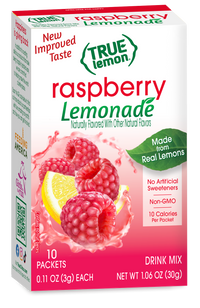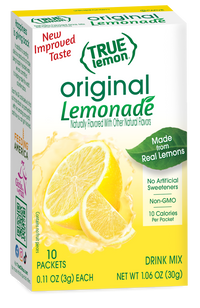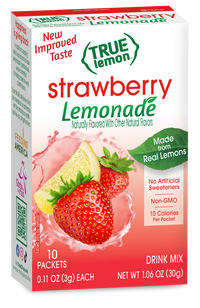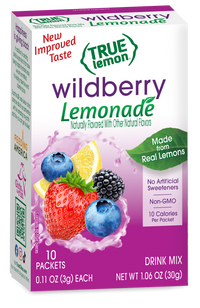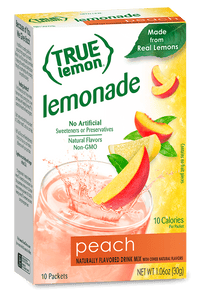October 18, 2023
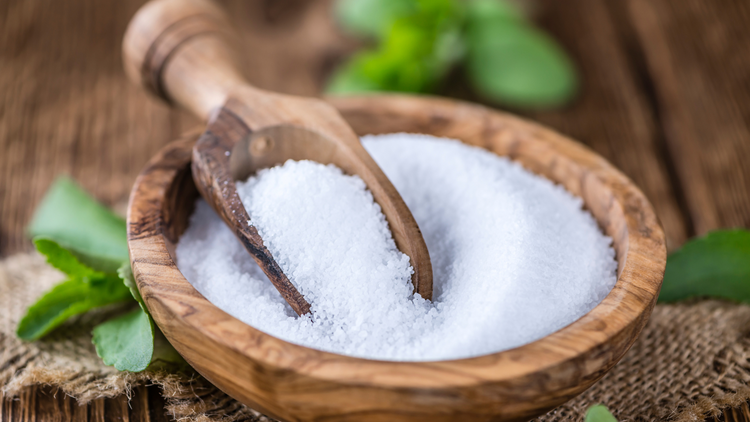
Does Stevia Have Aspartame? Sweet Stevia Answers.
POV: You're sipping on a cool, refreshing beverage. It's delicious and sweet, but there's something different about it. There's a hint of nature's touch in every sip. But it’s a sensation that isn't filled with guilt or calories. What's the secret ingredient? It could be stevia.
Stevia is a natural sweetener that's been revolutionizing the world of sugar substitutes. It has zero calories, but what’s the story behind stevia? What makes it so different from other artificial sweeteners on the market? Let’s explore and unlock the sweet mystery of stevia.

Stevia is a sweetener that comes from the leaves of the Stevia rebaudiana plant. This plant is native to South America. It’s been documented for use for hundreds of years as a sweetener for foods and beverages. The sweet taste of stevia comes from its sweet compounds, called steviol glycosides. These compounds are extracted from the leaves of the plant. On average, the glycosides are about 300 times sweeter than table sugar. And it provides this level of sweetness without the calories or negative health impacts associated with processed sugar. That’s what is so remarkable about stevia!

The journey of turning stevia leaves into the sweetener you find in stores is incredible. We’ll give you the simplified process. First, stevia leaves are carefully harvested. Most of the time, leavers are picked from the youngest parts of the plant. This is where the glycosides are most concentrated. After harvesting, the leaves are dried to reduce their water content. Once dried, the leaves are then steeped in hot water, similar to making tea. The steeping process is what releases the sweet compounds.
The liquid from the steeping process is then filtered and purified to isolate the sweet glycosides. The compounds are then dried once more, this time to form a white, crystalline powder. This is the stevia sweetener you know and love. The result is a calorie-free sweetener that can be used in various forms. Stevia can be used as a powder, as a liquid, or even as a whole leaf.

One of the most common questions about stevia is whether it is safe. And there’s good news! When used in moderation, stevia is generally recognized as safe by various health authorities. This includes organizations the U.S. Food and Drug Administration (FDA) and the European Food Safety Authority (EFSA).
Stevia’s safety is studied often, just like other sweeteners. Evidence supports safe consumption of stevia for most people. People have raised concerns about other artificial sweeteners and their potential negative health effects. Stevia doesn’t seem to share these similar properties. However, as with any sugar or sugar substitutes, individuals can have different responses to different products. It's always a good idea to use any sweetener in moderation.

Stevia has several potential health benefits that make it a good choice for many people.
- Low Caloric Impact: Stevia is virtually calorie-free. For people wanting to reduce calories or simply watching their calorie intake, stevia can be an excellent option. Use it to add a bit of sweet taste foods and beverages.
- Blood Sugar Control: Studies show stevia doesn’t significantly impact blood sugar levels. This makes it a great option for people managing diabetes or anyone looking to an efficient way to control their blood sugar levels.
- Dental Health: Stevia is non-cariogenic. This means it doesn't promote tooth decay, like other sweeteners. This is a great reason to sway from artificial sweeteners.
- Weight Management: Because it’s low in calories, stevia can be a healthy part of a weight management strategy.
- Reduced Sugar Intake: Stevia’s taste is 200 to 400 times sweeter than sugar, which means less is more. By switching to stevia instead of sugar, you may consume less sugar overall. Sugar consumption is a major health concern in many parts of the world.

Many artificial sweeteners are synthetically created. Stevia doesn’t fit this mold. Stevia is derived from a plant, making it an option for those seeking wholesome alternatives to sugar. It’s also calorie-free, unlike aspartame which does contain some calories per serving. Some people question artificial sweeteners and whether or not they contain carcinogens or if they have adverse health impacts. Stevia as it’s derived hasn’t seemed to cause these potential issues. It also doesn’t seem to have a negative impact on a person’s digestive system. Some artificial sweeteners can cause digestive issues or stomach problems, headaches, and may even affect a person’s mood. Stevia doesn’t have significant side effects like other products.
Stevia also doesn't have a significant impact on blood sugar levels, making it suitable for people with diabetes or those aiming for better blood sugar control. Many people also prefer the taste (or lack of aftertaste) that is characteristic of stevia over artificial sweeteners. Stevia is also a great option in its various forms for cooking and baking of any kind, making it an easy health-conscious sugar replacement!

No, stevia and aspartame are different and distinct sweeteners, each differing in origin and taste. Aspartame is an artificial sweetener, commonly known by the brand name NutraSweet. It is chemically created and has its own set of characteristics, both positive and negative. On the other hand, stevia is a sweetener derived from the Stevia rebaudiana plant.
While the ideal alternative to sugar depends on your dietary preferences and specific needs, stevia can be a great choice for anyone. Because it’s calorie-free by nature and hasn’t been shown to impact blood sugar levels or digestion, it’s a wonderful and healthy option. As with any sweetener, moderation is key, but incorporating stevia into your diet can be a positive step toward healthier and more mindful eating. So go ahead and savor the sweetness of stevia - nature's gift to your taste buds. But remember, it's always a good idea to consult with a healthcare professional or nutritionist to find the right sweetener for your needs.
True Citrus products are carefully crafted with the best ingredients.
At True Citrus, we care about our products and the ingredients as much as we care about you! Our products are made with only simple ingredients you can pronounce, with none of the artificial stuff you don’t need. None of our products contain sugar. Some, like our scrumptious Lemonades, Limeades and Orangeades are sweetened with stevia to give you a hint of sweetness that enhances the flavors you already love. So you can fight dehydration and drink more water deliciously.

- Made from Real Citrus
- Simple, Non-GMO Ingredients
- Unsweetened; 0-Sugar, 0-Calories
- NO Artificial Sweeteners
More on Health and Wellness


